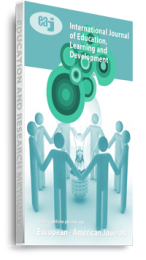This article defines what language is and how significant it is. It exhibits how language is learned throughout life. It elaborates that there are six beliefs related to language learning. The first belief that the study mentions is that language learning is learned by imitation. The article will exhibit the definitions of imitation case and how it is different from practice. It also shows vivid examples of what is meant by imitation and what is meant by practice. Moreover, the article also shows that learning a language could be done through daily routine and it provides clear examples about this matter. The second belief exhibits that younger learners are better learners than adults. The third belief is the appropriate pronunciation of the sounds to speak. Furthermore, the fourth belief the author explains students learn what they are taught. The fifth belief focuses on learners that they should be corrected as soon as they make errors. Finally, the sixth belief is that students can learn both languages and academic content simultaneously. The article elaborates on the sixth belief in detail explaining each one of them individually. It also sheds light on different theories of second language learning which are universal grammar theory, sociocultural theory, and the monitor model theory. The monitor model theory has five different hypotheses which are the acquisition versus learning hypothesis, The monitor hypothesis, the Natural order hypothesis, the Comprehensible input hypothesis, and The Affective Filter Hypothesis. In addition, the author also speaks about Ellis learning principles which are 12 principles but the Author focuses on only seven of them.
Keywords: Beliefs, Language Learning, Language Teaching, Pronunciation, imitation

